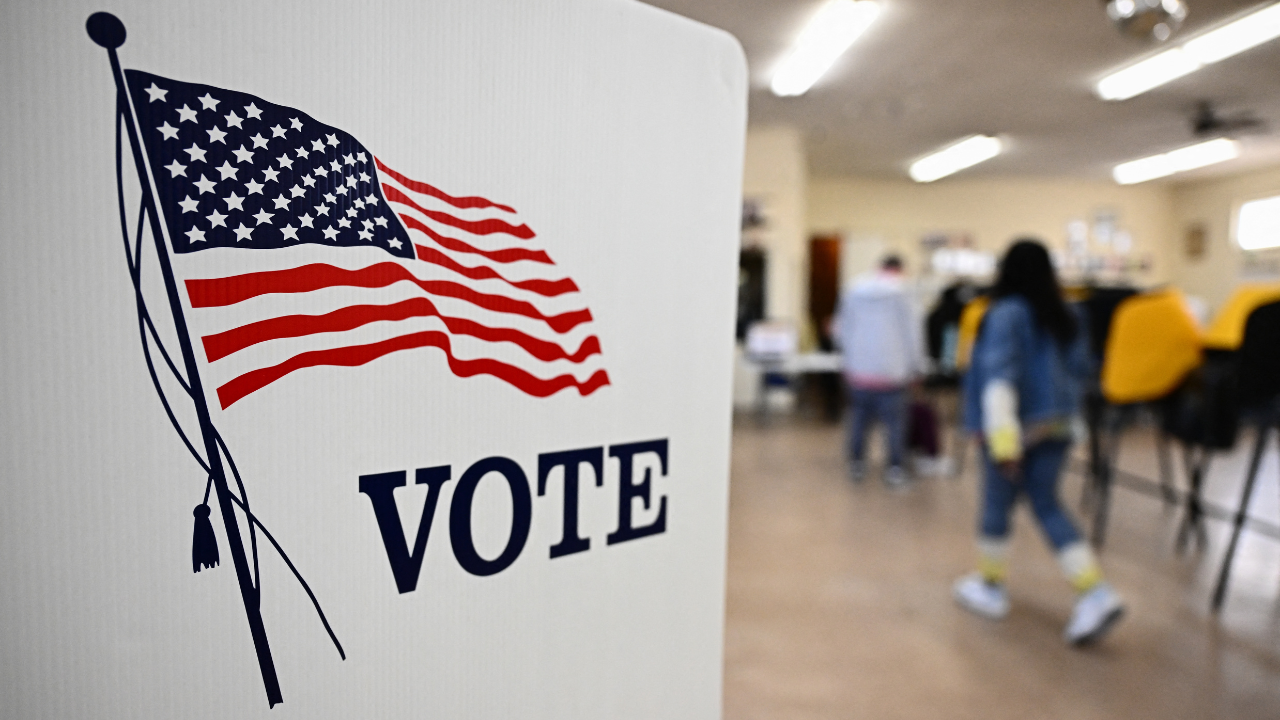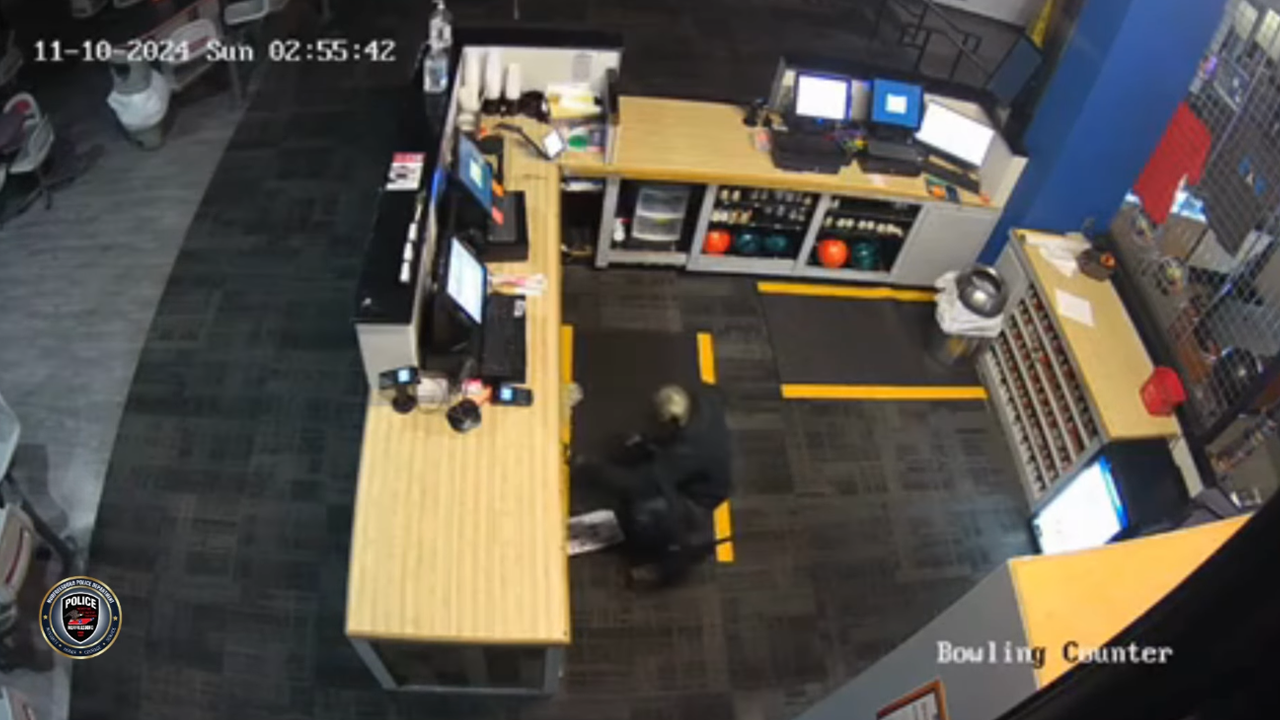FPC, SAF Petition Supreme Court To Address Circuit Split In Delaware AWB Cases

The Firearms Policy Coalition (FPC) and attorneys representing the Second Amendment Foundation (SAF) on Monday filed a petition with the United States Supreme Court to address a circuit court split in two consolidated challenges to Delaware’s ban on so-called “assault weapons” and “large-capacity” magazines.
The petition is in response to a circuit court split in two consolidated FPC cases Gray v. Jennings and Graham v. Jennings.
In Graham v. Jennings, the 2nd Circuit Court of Appeals in July denied a preliminary injunction to stop enforcement of the law. In Gray v. Jennings, the 3rd Circuit Court of Appeals did the same, but also ruled that infringement on the Second Amendment didn’t rise to the level of abridging First Amendment Rights. In Gray, SAF and the FPC are joined by DJJAMS LLC and two citizens, William Taylor and Gabriel Gray. In the Graham case, SAF and FPC are joined by two other citizens, Christopher Graham and Owen Stevens.
“As we have explained, ‘constitutional harm is not necessarily synonymous with the irreparable harm necessary for issuance of a preliminary injunction,’” the ruling stated. “Thus, when weighing preliminary injunctions, courts may presume that suppressing speech or worship inflicts irreparable injury. But this presumption is the exception, not the rule. We will not extend it [to the Second Amendment].”
That’s the main bone of contention that the FPC is asking the Supreme Court to address.
Noting in their petition that the high court has previously ruled that “the loss of First Amendment freedoms, for even minimal periods of time, unquestionably constitutes irreparable injury,” SAF and its partners ask the court to determine whether the same standard applies to the Second Amendment.
“All rights protected by the Constitution are equal,” said SAF founder and Executive Vice President Alan M. Gottlieb, “and therefore any infringements on one right should merit the same degree of scorn as infringements against another right.”
FPC President Brandom Combs echoed that legal view.
“In Bruen, the Supreme Court reaffirmed the principle that the Second Amendment should not be treated less favorably than other Bill of Rights guarantees,” Combs said in a news release announcing the Supreme Court filing. “But some circuit courts have continued to treat our sacred right to keep and bear arms as a second-class right. We are asking the Supreme Court to establish a clear and binding rule that places Second Amendment protections on the same footing as First Amendment guarantees for the purposes of injunctive relief.”
In the brief to the Supreme Court, FPC argued that Second Amendment protections should receive equal protection as First Amendment protections.
“The panel below acknowledged that this is the rule that applies under the First Amendment—in step with every other federal court of appeals—but it somehow concluded that it does not apply to the Second Amendment,” the petition argues. “It accordingly declined to enjoin Delaware’s bans on common firearms and magazines (which the State dubs ‘assault weapons’ and ‘large capacity magazines’) without even inquiring into whether those bans are likely unconstitutional, based on Petitioners’ failure to establish an irreparable harm other than the loss of their Second Amendment rights.”
The brief further argues that the Supreme Court should take the case to address the lower court’s “misguided” opinion and rule that an infringement of Second Amendment-protected rights for any period of time is necessarily “irreparable injury.”
“This conflict and confusion among the lower courts over the nature and contours of the principle that the infringement of substantive constitutional rights inflicts harm that is per se irreparable is perhaps unsurprising,” the petition states. “This Court’s cases applying the principle are terse, and the Court has not yet articulated its justification or scope at any length. Yet settling these questions is a matter of enormous import.”
“The Circuit Courts of Appeals have split over whether an infringement of Second Amendment rights inflicts an irreparable harm,” noted SAF Executive Director Adam Kraut. “The Seventh and Ninth Circuits have held that infringements constitute irreparable harm, while the Third Circuit disagrees. It is this split which should bring Supreme Court review and a ruling which applies uniformly across the circuits.”
Read the full article here






